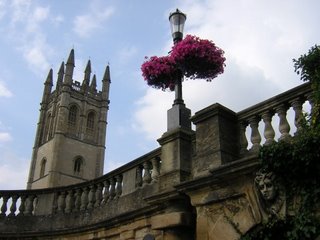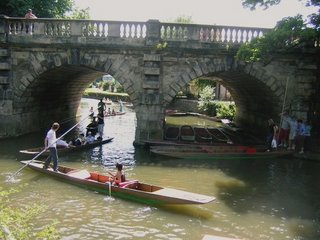Gaza
An English aid worker's diary of working in Gaza these past 13 days.
http://http://news.bbc.co.uk/2/hi/middle_east/7802295.stm
"Generous deed should not be checked by cold counsel." (Tolkien's Return of the King)



Labels: Brideshead Waugh Sebastian Flyte Castle Howard Literature Culture English Catholic




 "There was one thing that was too great for God to show us when He walked upon our earth; and I have sometimes faniced that it was His mirth."
"There was one thing that was too great for God to show us when He walked upon our earth; and I have sometimes faniced that it was His mirth."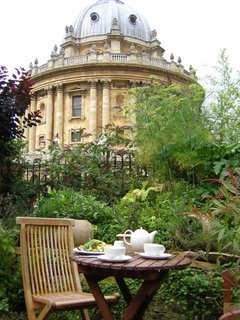
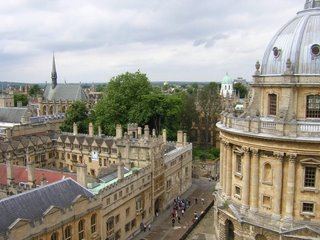
 Earlier this month, the House of Lords blocked a bill to legalize assisted suicides by a vote of 148-100 after a seven hour debate. "The outcome was seen as a victory for the Catholic Church in England and Wales, which in March began one of the largest campaigns in its modern history to prevent the bill from becoming law" (Catholic New York, May 25, 2006, p.13). "Hundreds of people--including terminally ill patients--who opposed the legislation protested outside the House of Lords during the debate. Earlier that day a petition against the bill, signed by 100,000 people, was delivered to the Prime Minister Tony Blair's residence."
Earlier this month, the House of Lords blocked a bill to legalize assisted suicides by a vote of 148-100 after a seven hour debate. "The outcome was seen as a victory for the Catholic Church in England and Wales, which in March began one of the largest campaigns in its modern history to prevent the bill from becoming law" (Catholic New York, May 25, 2006, p.13). "Hundreds of people--including terminally ill patients--who opposed the legislation protested outside the House of Lords during the debate. Earlier that day a petition against the bill, signed by 100,000 people, was delivered to the Prime Minister Tony Blair's residence." Well, here we are at the second weekend for the box-office to redeem itself after the DVC topped it last week when it opened world-wide. Dropped a bit... why? Well, the New Yorker's Anthony Lane offers some comments... Read it and weep. Weep, as in cry, as in tears coming to your eyes for laughing so hard!
Well, here we are at the second weekend for the box-office to redeem itself after the DVC topped it last week when it opened world-wide. Dropped a bit... why? Well, the New Yorker's Anthony Lane offers some comments... Read it and weep. Weep, as in cry, as in tears coming to your eyes for laughing so hard!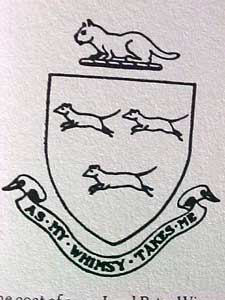

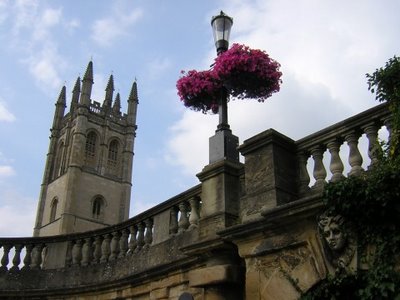 "There is a natural aristocracy among men, the grounds of which are talent and virtue." ~ Thomas Jefferson
"There is a natural aristocracy among men, the grounds of which are talent and virtue." ~ Thomas Jefferson There, eastward, within a stone's throw, stood the twin towers of All Souls, fantastic, unreal as a house of cards, clear-cut in the sunshine, the drenched oval in the quad beneath brilliant as an emerald in the bezel of a ring.Behind them, black and grey, New College frowning like a fortress, with dark wings wheeling about her belfry louvres; and Queen's with her dome of green copper; and, as the eye turned southward, Magdalen, yellow and slender,
There, eastward, within a stone's throw, stood the twin towers of All Souls, fantastic, unreal as a house of cards, clear-cut in the sunshine, the drenched oval in the quad beneath brilliant as an emerald in the bezel of a ring.Behind them, black and grey, New College frowning like a fortress, with dark wings wheeling about her belfry louvres; and Queen's with her dome of green copper; and, as the eye turned southward, Magdalen, yellow and slender, 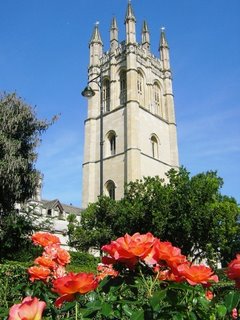 the tall lily of towers; the Schools and the battlemented front of University; Merton, square-pinnacled, half-hidden behind the shadowed North side and mounting spire of St. Mary's.Westward again, Christ Church, vast between Cathedral spire and Tom Tower; Brasenose close at hand; St. Aldate's and Carfax beyond; spire and tower and quadrangle, all Oxford springing underfoot in living leaf and enduring stone, ringed far off by her bulwark of blue hills. ~Gaudy Night
the tall lily of towers; the Schools and the battlemented front of University; Merton, square-pinnacled, half-hidden behind the shadowed North side and mounting spire of St. Mary's.Westward again, Christ Church, vast between Cathedral spire and Tom Tower; Brasenose close at hand; St. Aldate's and Carfax beyond; spire and tower and quadrangle, all Oxford springing underfoot in living leaf and enduring stone, ringed far off by her bulwark of blue hills. ~Gaudy Night But there are others who look just the same to the world (as the decent and correct), who in their hearts are very different; they make no great show, they go on in the same quiet ordinary way as the others, but really they are training themselves to be saints in heaven.
But there are others who look just the same to the world (as the decent and correct), who in their hearts are very different; they make no great show, they go on in the same quiet ordinary way as the others, but really they are training themselves to be saints in heaven. "I'd better push off now. I'll be round in time to face the High Table at dinner. Seven o'clock?" (...)
"I'd better push off now. I'll be round in time to face the High Table at dinner. Seven o'clock?" (...)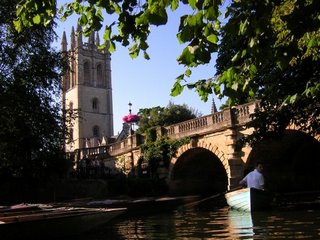 "Listen, Harriet, couldn't we make today a holiday? You've had enough of this blasted business. Come and be bothered with me for a change. It'll be a relief to you--like getting a nice go ofrheumatism in exchange for toothache. Equally damnable, but different. I've got to go to this lunch-party, but it needn't take too long.
"Listen, Harriet, couldn't we make today a holiday? You've had enough of this blasted business. Come and be bothered with me for a change. It'll be a relief to you--like getting a nice go ofrheumatism in exchange for toothache. Equally damnable, but different. I've got to go to this lunch-party, but it needn't take too long.